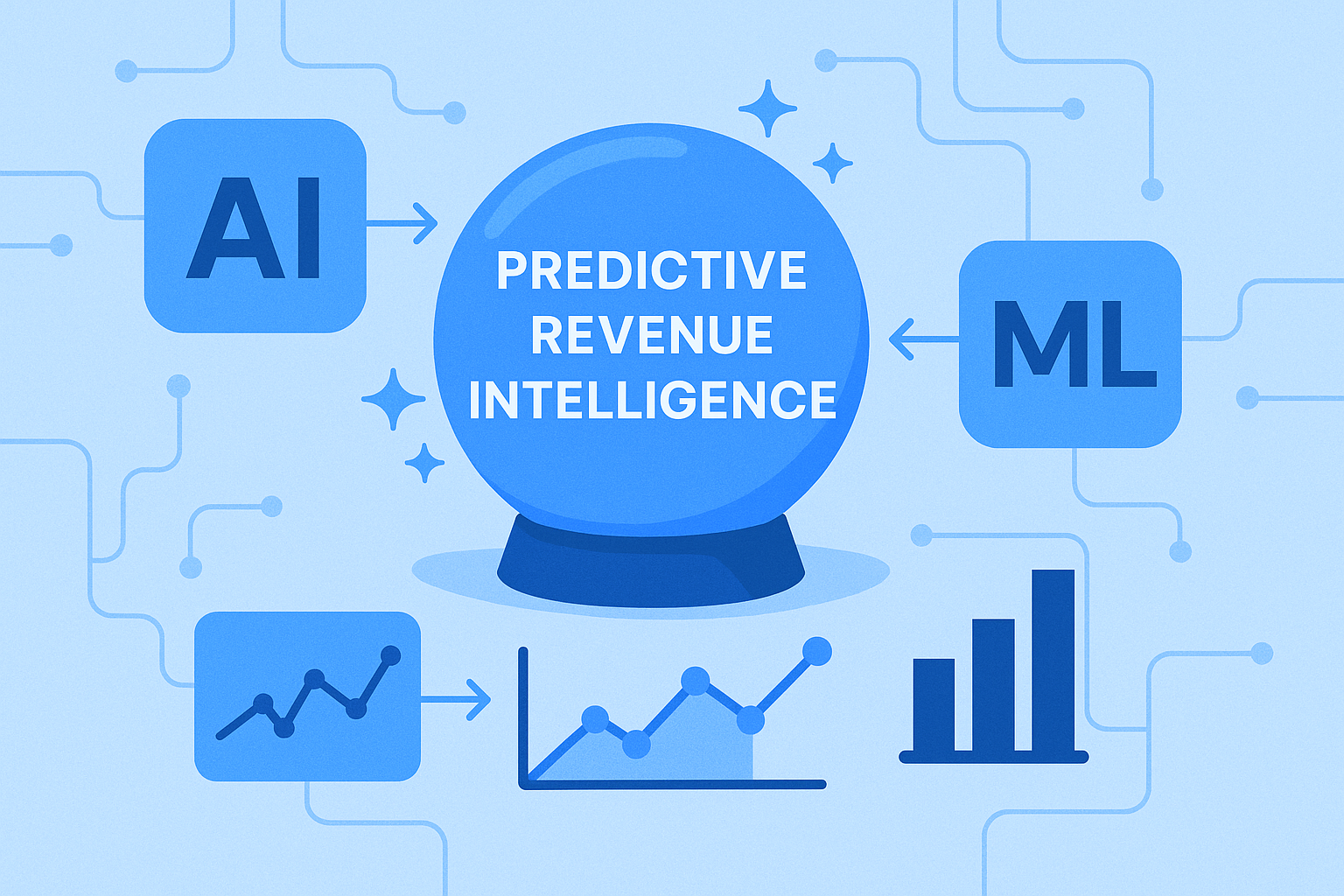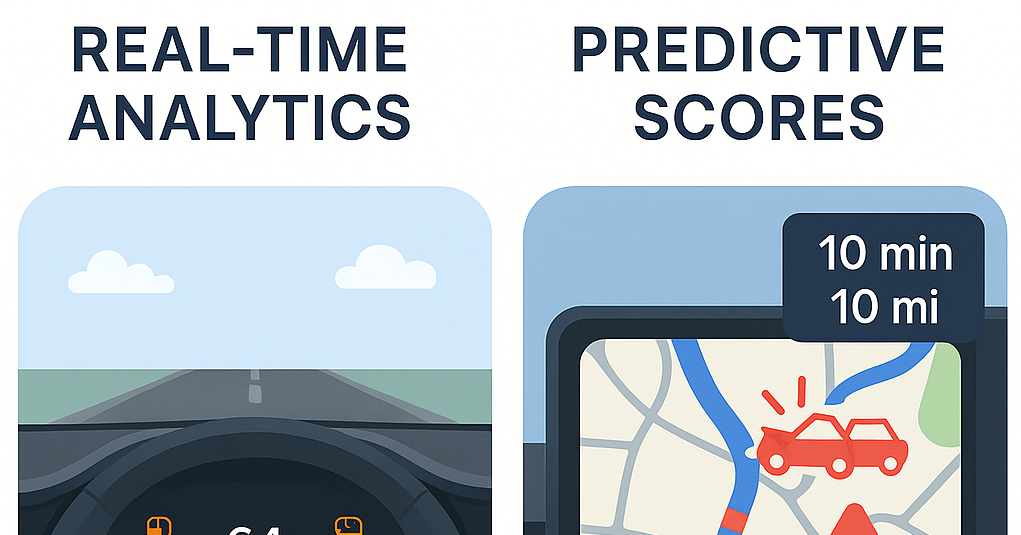Practical Ways to Unlock Revenue Growth with AI
Brent Grimes on the TECHtonic podcast, hosted by TSIA
The transformative potential of AI in the technology industry is driving companies focus on growth without significantly increasing their sales and marketing spend. TECHTonic podcast host Thomas Lah speaks with Brent Grimes, CEO of Reef.ai, about how to efficiently drive revenue growth by introducing AI into the process.
or in the TSIA Portal
Brent shares the journey of Reef.ai and its aim to predictively unlock customer value, helping companies transition from gut-feel decisions to data-driven strategies. This allows for optimized resource allocation and significantly improves revenue retention and expansion, all through a robust AI-powered approach.
They discuss the importance of leveraging machine generated and process consistent data to create powerful predictive models, including the critical role of continuous improvement and feedback loops in refining these models for optimal performance.
Listeners will walk away with valuable insights into the practical applications of AI, such as enhancing churn prediction, mitigating risk, and driving customer engagement. Join Thomas and Brent for a real conversation as they demystify AI's role in transforming technology business models by removing the guess work from revenue growth.




